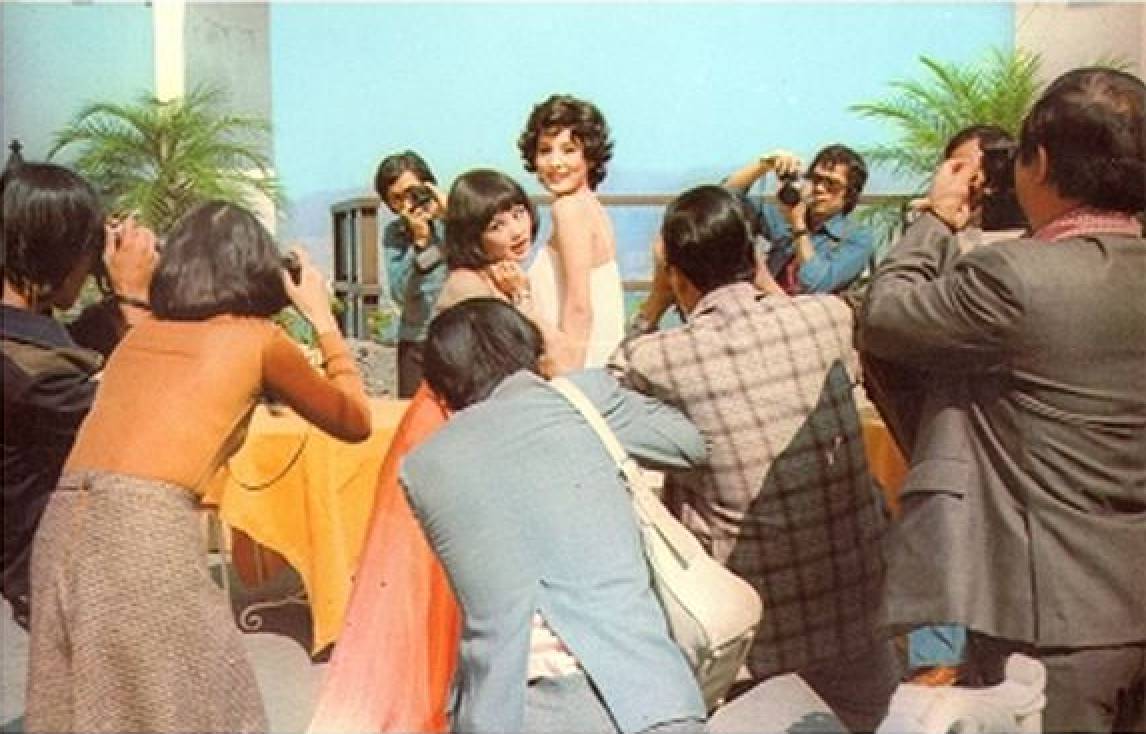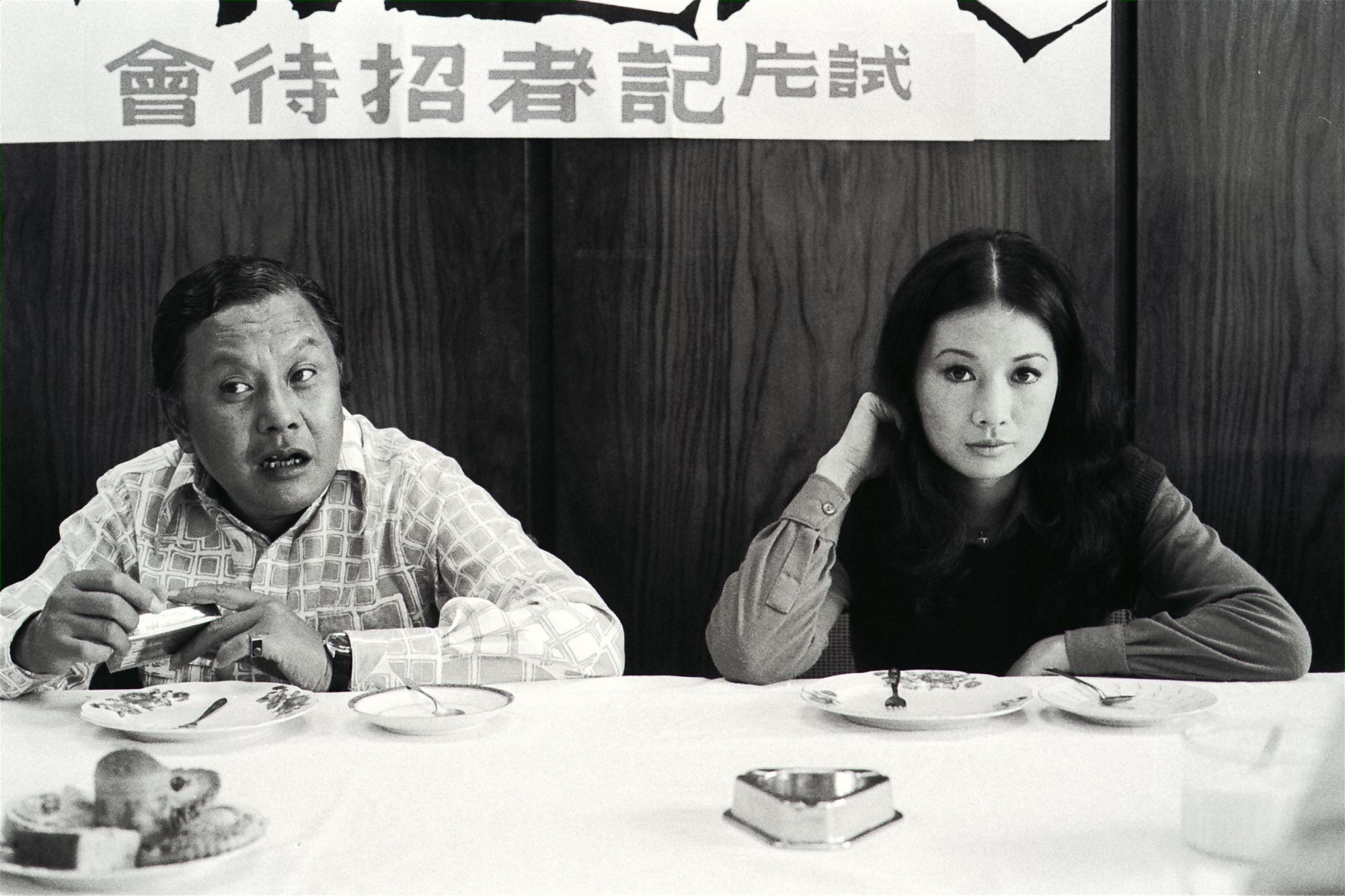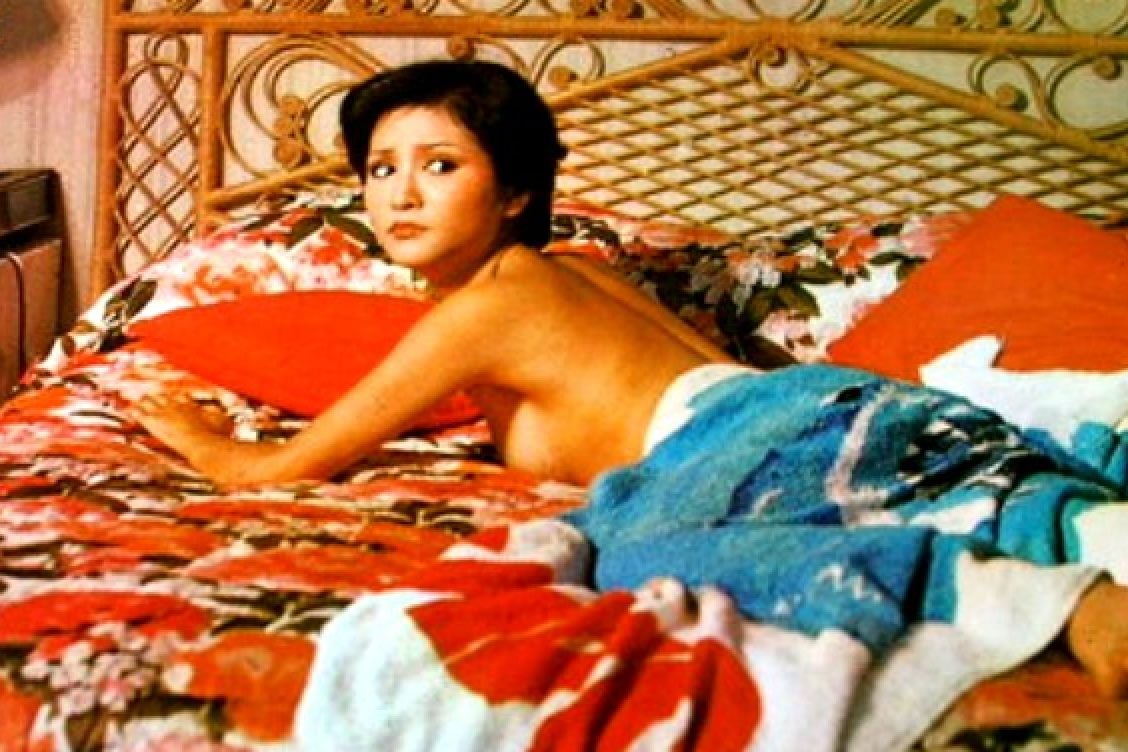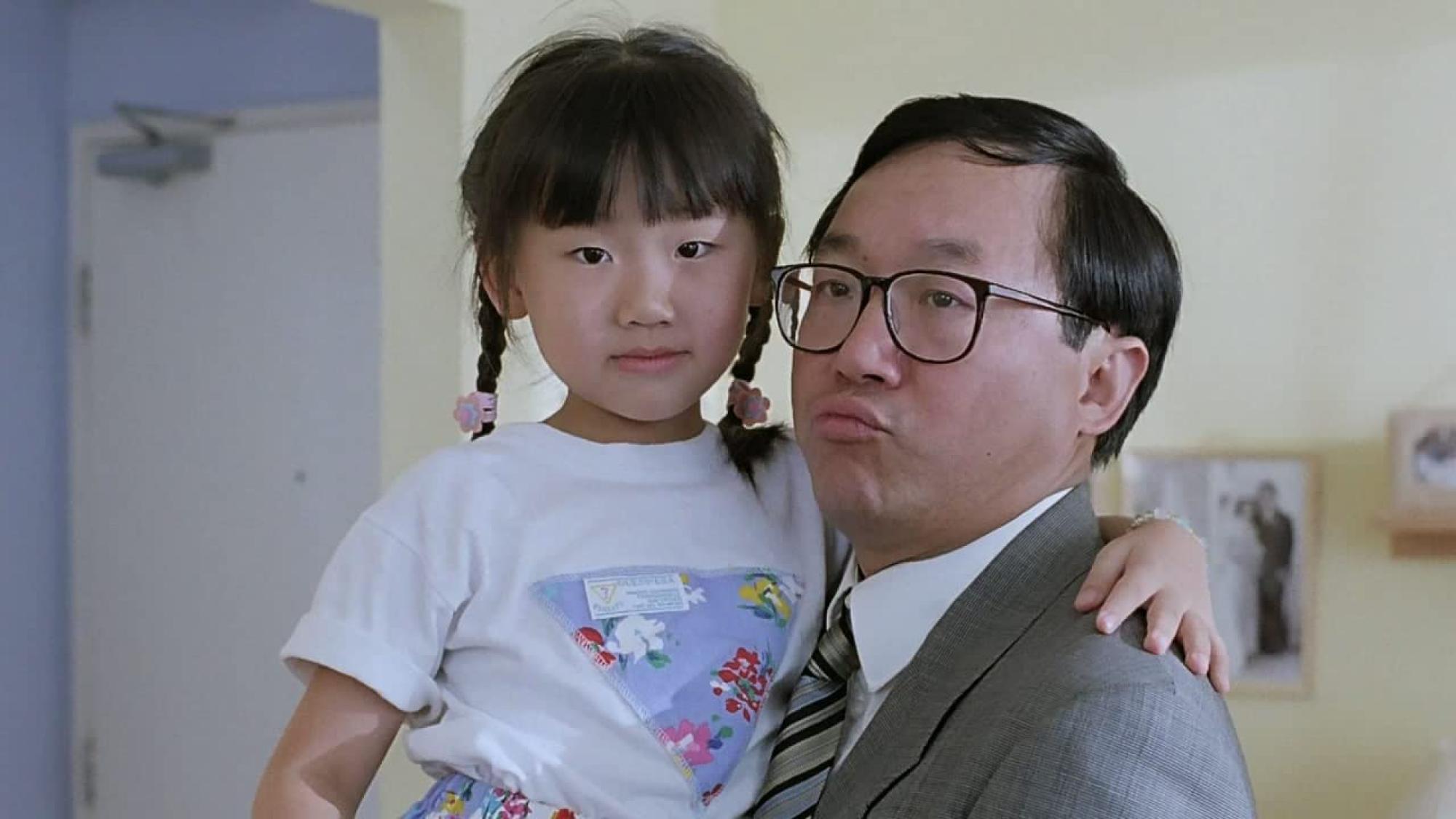
Sex movies, Andy Lau’s martial arts skills, an early female director – 7 things about Hong Kong filmmaking history you may not know
- Andy Lau knows kung fu, sex films were a studio staple in the 1970s, a woman directed films in the ’30s – some of the Hong Kong film facts that may surprise you
- Did you know, too, about the political position in China that led Chang Cheh to become a martial arts filmmaking master, or Michael Hui’s early non-comedy role?
Hong Kong has been a prolific film-producing territory for around 100 years and has a rich and varied cinematic history.
There are some facets of that history of filmmaking you may not know about.
There were sex films before Category III movies existed
Hong Kong’s sex- and violence-laced Category III films (adults-only) are well known everywhere, but although the category was not introduced until 1988 there was a fashion for such salacious fare back in the 1970s.
Kung fu films had run out of steam, and studios such as Shaw Brothers thought sex was the way to win back audiences at home and abroad.
“Hong Kong moviemakers have been frantically searching for an alternative screen success which now seems to have reappeared in that ever-ready standby, sex – spelled Sensual-Erotic-X-rated,” said trade magazine Film Asia in 1977.

“Local producers hope to penetrate the lucrative film market by pandering to the European craving for Asian erotic forms of sexual pleasures.”
The films produced in this era included the Ming dynasty-set sex drama The Story of Susan, “one of the kinkiest sex flicks to emerge from under Eastern skies”, according to Hong Kong film critic Mel Tobias, and Oriental Playgirls, which was so sleazy, “one is almost driven to bring out a can of deodorant spray and give the screen a blast”.
Sensual Pleasures featured “Shaw Brothers sexpot Chen Ping” in a film that was “a lovely sight for Asian sadomasochists and for those deep into oriental leather”, Tobias wrote.
How comedy legend Michael Hui led the 1970s resurgence of Cantonese films
They make those later Category III films sound rather dull.
Andy Lau knows kung fu

“I used the down time to learn horse-riding and kung fu, etc. So I got some fundamental skills before I had the opportunity to play action scenes.”
Martial arts film director Chang Cheh was a politician in mainland China
Politics and entertainment certainly mixed for legendary Shaw Brothers director Chang Cheh.

Chang, who says he had an unpleasant childhood in a wealthy family, grew up in Shanghai in the 1920s. After the anti-Japanese war, he took a post with the Kuomintang (Nationalist) government in Shanghai, as commissioner of the Cultural Movement Committee, although he never formally joined the Nationalist Party.
Chang was assigned to assess the political content of the work of directors who had collaborated with the occupying Japanese, and this led to connections with filmmakers and an interest in filmmaking.
Why Chang Cheh made his films all about the martial arts action
When the Nationalists left for Taiwan, Chang went with them, but he tired of politics, and decided to make a fresh start as a filmmaker in Hong Kong.
Chang became a master manipulator at Shaw Brothers, where he had the ear of studio boss Run Run Shaw, so he evidently put his political skills to good use.
Hong Kong remade the international soft porn hit Emmanuelle
The French soft porn film Emmanuelle, which featured Sylvia Kristel as a sexually liberated woman, was an international sensation when it was released in 1974.
Many imitations followed, including Black Emmanuelle, and even a dismal instalment of the bawdy British “Carry On” film series called Carry On Emmanuelle.

Hong Kong got in on the act in 1977, with Hong Kong Emmanuelle. It was tame and didn’t bear any resemblance to the original, said press reports at the time; its main draw was the chance to see TV star Deborah Lee prancing around half-naked on the big screen.
Lee was apparently no Sylvia Kristel, although a “hot” uncut version was doing the rounds at private parties, according to one local film critic.
Hong Kong had a woman director in the 1930s
Hong Kong’s film industry used to be male-dominated, and women directors didn’t make their mark until the New Wave of the late 1970s. However, as related in the book Hong Kong Cinema: A Cross Cultural View, San Francisco-born Esther Eng (Ng Kam-ha) made five films in Hong Kong in the 1930s.

Eng directed Sum Hun, described as “the first Cantonese singing talking picture made in Hollywood”, in the US in 1935, using her father’s money, before moving to Hong Kong to make National Heroine, a patriotic film about a female Chinese soldier.
She produced and directed four more films in Hong Kong before returning to the US in 1939, leaving because her family correctly predicted that the anti-Japanese war in China would spill over to the city.
A redoubtable woman, she returned to Hong Kong in 1946 with plans to direct a film in China called Guerilla Heroes, based on the true story of guerillas who had fought the Japanese. It was to be financed by a Chinese general, but was ultimately cancelled for “complicated reasons”, according to Hong Kong press reports at the time.
By 1947, Eng was back in San Francisco, making films there.
Comedian Michael Hui starred in a serious drama long before Where the Wind Blows

Hui also starred in a non-comedic role much earlier. In 1993, he played a newsreader suffering from cancer in Always on my Mind.
“[It is] the first movie in my life in which I am not a comedian,” Hui said in an interview at the time. “But it seems like people like to see me acting funny rather than dramatic, unfortunately. Always On My Mind is almost 100 per cent drama. A sad story, actually.
“The box office was all right, good, but not as good as a good comedy. A bit like Stallone doing other things than Rambo.”
Chow Yun-fat was not the first Hong Kong star to try his luck internationally

Tony Leung Ka-fai starred in Jean-Jacques Annaud’s adaptation of Marguerite Duras’ story The Lover in 1992, a French film which saw a wide international release.
Although the story of a Chinese man who falls in love with a seductive French teenager (played by Jane March) was criticised for its bland, soft-focus style, Leung’s smooth performance seemed good enough to garner him more international roles.
But the offers never came.
In this regular feature series on the best of Hong Kong cinema, we examine the legacy of classic films, re-evaluate the careers of its greatest stars, and revisit some of the lesser known aspects of the industry.
